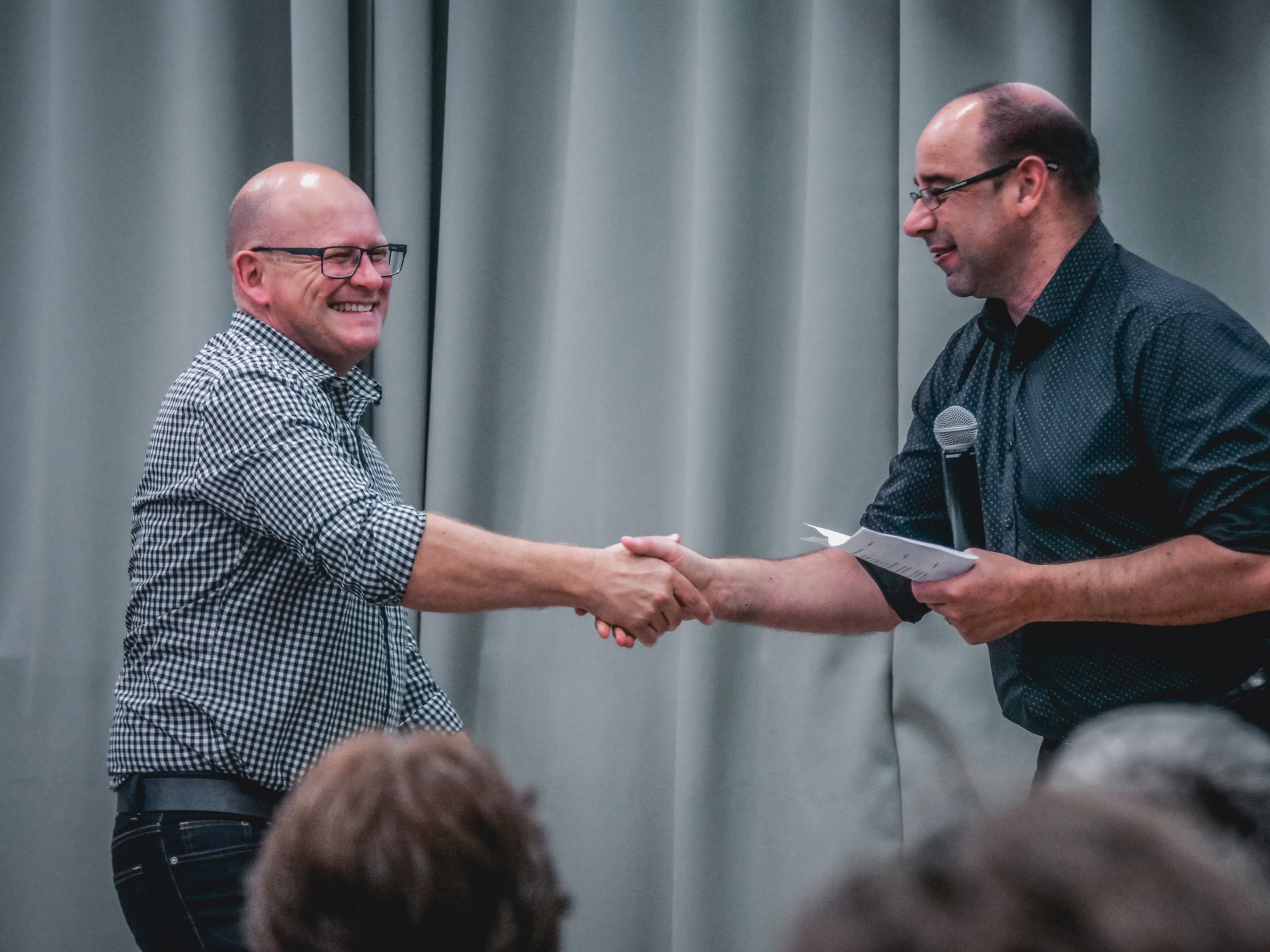Audie Penn on Rewarding the Boring Factory
3 minutes, 2 seconds read

In a recent conversation with Audie Penn, I had the pleasure of learning more about the certification process for Six Sigma Belts, among a variety of other insights. Knowing that Audie sees many candidates from all types of backgrounds come through the certification process, I was curious if there were any patterns he found in terms of those that are more successful than others. His answer was quite interesting. “The ones that seem the most successful are the ones that really look outward. It’s not about what they know, it’s about what they can do for others. It’s about how they pull others into solving the problems with them.”
This concept of making it about others came up again when Audie explained one of the secrets in creating a stable and resilient company. Audie cautioned against creating a culture of heroes and extraordinary efforts. He has found that “if we reward heroes, then you’re going to have an organization full of heroes and we’re also going to encourage the behavior of heroes. Whereas if you reward people who create – from the language of a previous leader from Caterpillar – the boring factory, then people start to realize, oh, it’s about creating stability, it’s about predictability, and those people are rewarded. And then you encourage that behavior.”
Creating this stability also means that individuals need to be clear in their goals – what they need to accomplish and the criteria that they will be judged on. Audie was emphatic that managers should focus on helping their teams understand those success criteria rather than tell them how to do their jobs.
When he hears that a manager is doing the latter, this is his usual reply: “I’ve got a problem here. I need to really see if you’re spending your time telling people how to do their job rather than telling people what the outcome is supposed to be. Because if we don’t know what success looks like, you can tell me all day long how to do it and I will never understand whether it is meeting the criteria that either the customer or the business requires.”
Audie and I ended our conversation by chatting about what today’s leaders can do to help build the resilience of their companies. In short, leaders should adapt the frequency of their course-correction to the level of uncertainty. More uncertainty, more correction.
“One thing that I teach consistently is frequency is correlated to correction. When you’ve got some stability, your frequency can back off a little bit. But in these times of constant uncertainty, your frequency in that accountability cycle has to tighten up a lot so that you’re able to evaluate what’s in front of you. Ask the question, how did that potentially disrupt my process and my outcomes? Then see the need for making those adjustments and get into that process. But that cycle is so much shorter today because of the instability in all of those environments.”
About Audie Penn:
Audie Penn is an executive consultant in Lean Product and Process Development at Faro Partners. His work includes significant economic growth generated from New Product Development in four multi-billion-dollar global divisions and five divisional turnarounds within Fortune 50 corporations. He has over 30 years of experience in manufacturing industries including Heavy Equipment (20 years), Food (8 years), and Building Materials (8 years). Mr. Penn currently sits on the Board for Certification Oversite and Appeals for the Lean Alliance, representing the Society of Manufacturing Engineers.
Like this content? Sign up for our Newsletter
THE FRONTLINE DOJO
More Articles
How to develop the next billion Knowledge Workers
3 minutes, 51 seconds read
Digital transformation in manufacturing is not what you think it is
10 minutes, 36 seconds read
The human side of change management: lessons learned from Toyota, Airbus, and Silicon Valley
1 minute, 28 seconds read
The true meaning of Genchi Genbutsu
3 minutes, 5 seconds read